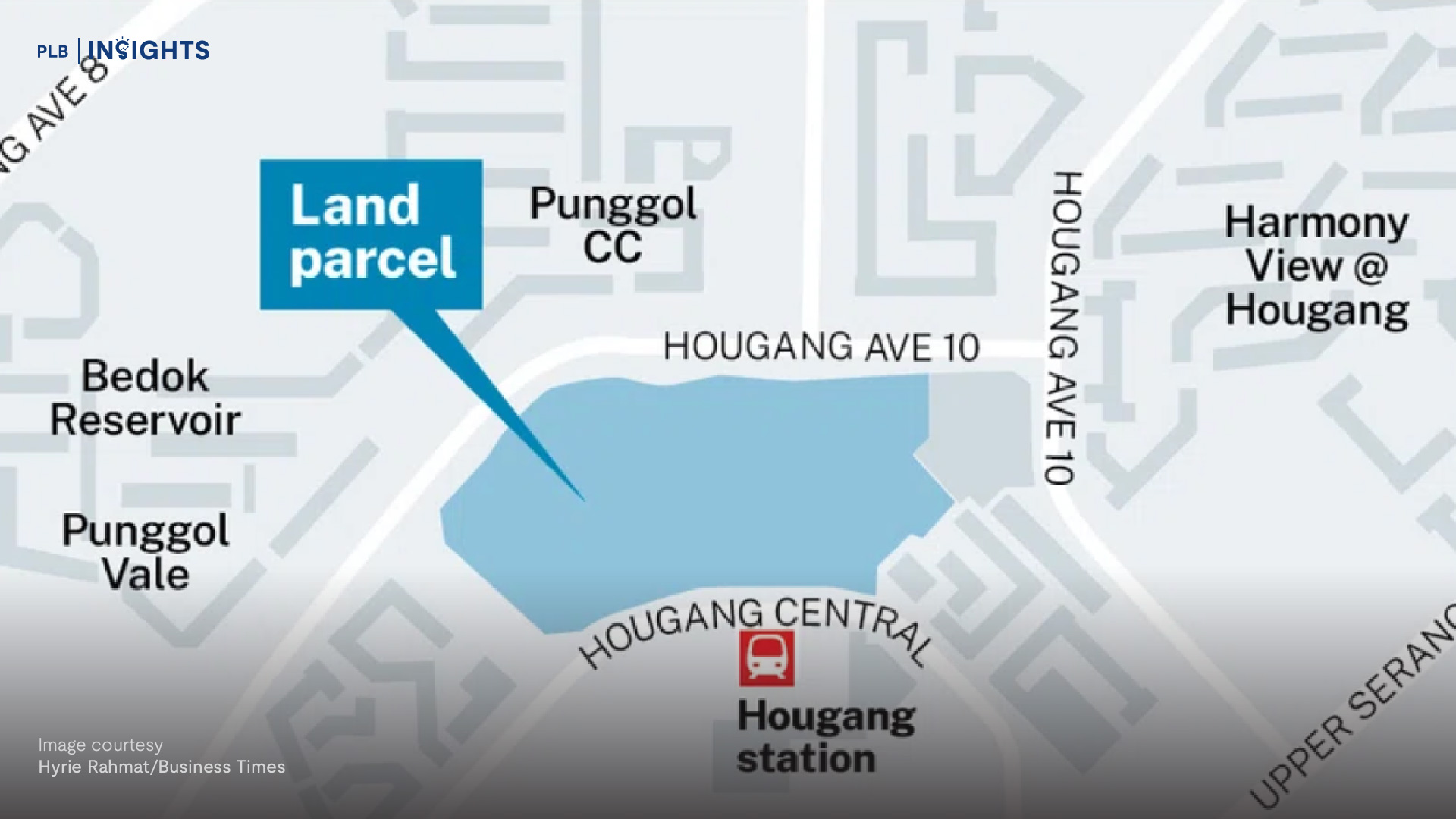
We get this common question especially from the younger couples who are getting married. Let’s assume that you get married at the age between like 30 to 35 and you and your spouse have both worked for probably about 6 to 10 years. Likely, if you have worked for 6 to 10 years, you are both contributing about $1,200 plus into your OA account (with the assumption based on CPF contribution rate of 21% of your gross income of $6,000) each month for 6 to 10 years from the day that you start work to the day you decide to purchase your first home.
This is a question that usually surfaces when people start realising that there’s an accrued interest component when you utilise the CPF money from your ordinary account into the purchase of your residential property.
[Note: This blog post is a little more numbers drive, so if you’re ready, let’s dive in!]
What is this Accrued Interest?
The moment that you decide to use monies from your OA account and use it in the purchase of your residential property, CPF board stops paying you the 2.5% interest per annum on the amount in your OA account that you have used. When you do that, “that” portion of your CPF that has been utilised stops earning the interest. So eventually, when you do decide to sell your property in future, you then have to “payback” into your CPF the 2.5% interest that you could have earned if you had not used your CPF money in the first place. And you got to pay this back to yourself from the sales proceeds of your property. So let’s have an illustration and then let’s compare what is the difference and the pros and cons of using your CPF funds for your down payment, for your buyer stamp duty, and of course for your monthly instalment. Right, let’s use the $1 million example here again. Assuming you buy a $1 million property as your first home, you put in 5% cash, which is $50k. You also put in 20% from the CPF, which is $200,000 and the buyer stamp duty of $24,600 can also be payable through your CPF.
All in all, you have put in $50k cash, $224,600 from both you and your spouse’s CPF ordinary account. Your monthly instalment is going to work out to be about $2,900 per month for the next 30 years.
Assuming you are 32 years old, you can still take on a loan of 30 years tenure, your monthly instalment is going to be $2900 and both of your CPF OAs should be contributing about $1,200 each. It means that you have $2,400 contributed from both your CPF OA and you then have to come up with another $500 in cash towards the instalment payment every month. That is normal. Let’s have a hypothetical example, 10 years later, what’s going to happen when you want to sell this property? So 10 years later, your outstanding loan is going to be about $554,000, down from the $750,000 you took in the first place from the bank.
In terms of the mortgage loan, you pay down about $2,900 per month. 10 years later, it’s going to be $554,000 left. And if you want to sell off that property, assuming your property appreciates to $1.2million. From $1 million to $1.2 million, what would be the breakdown? So we would take $1.2million less off the $554,000 of the outstanding loan and then the next level of charge that we have to return back is to return funds to both you and your spouse’s CPF OA. Let’s have a look at the charts. You will then need to return $614,517.
How do we derive this amount? We take the $224,600 that you initially invested in the first place every month, $2,400 towards the monthly instalment, your total CPF used by you and your spouse would total about $512,000. The accrued interest that you have to pay back to your own CPF account is about $101,000. You need to return from the sale price of your property back to both your accounts a total amount of $614,517.
That will leave you with a cash amount of $31,483. Essentially, what is happening here is that in the event you did not use CPF in the first place for a down payment and for your monthly instalment, this amount that is left in both your OA accounts would have earned you about $100,000 of interest that CPF board would have paid you at 2.5% per annum compounded over 10 years. That is the potential interest you could have earned from the CPF board. Because you used your CPF funds, now you have to pay yourself back this interest. Does it then make sense to use your ordinary account money from CPF? Well, it really depends on a lot of factors because it’s a chicken and egg situation. In the first place, if you really needed that amount to fulfil the initial down payment, then, by all means, use it.
Because if you do not have sufficient cash of $224,600 cash for the down payment, then definitely you have to depend on your CPF in order to own that home to kick start a family for your kids and fulfil your lifestyle needs. But on the flip side, let’s say you have that cash and you decide to use that cash as a down payment instead of your CPF funds and you decide to pay $2,900 in cash for instalment every month and you want to keep your CPF in your CPF account to earn the CPF board’s interest, of course, that is doable as well.
This would then beg the question if you had kept your cash outside, would your cash have earned a better rate of return than compared to using our CPF amount.
Let’s have a look. If let’s say you use your cash you have put in probably into a fund, and you’re confident that you can generate about 4 to 5% per annum. Then it might be better off to just use your CPF money in the first place because the 4 to 5% that you can earn using your cash outweighs the 2.5% that CPF board is paying you. So it’s a chicken and egg situation because if you have used CPF money or if you use your cash, there has to be some form of trade-off. So it really depends on, firstly, do you have enough down payment? If you do not have enough of the down payment in cash, then use your CPF as your down payment. Secondly, even if you have enough down payment in cash, would your cash have earned you a better rate of return than what CPF board is paying you?
We hope that answers your questions. Give us a call if you’ll need more advice, we’re always happy to share more with you. See you soon.
On a side-note, recently we have been mentioned as the Top 10 Best Property Agencies in Singapore by BestinSingapore</ strong>.
Marc Chan
PropertyLimBrothers









